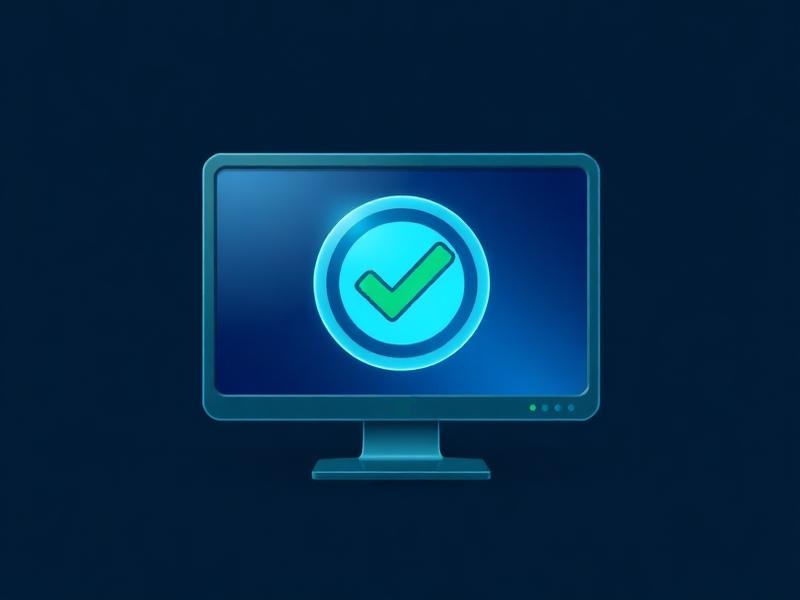Laptop Overheating Windows on HP Laptop - causes, fixes, and prevention
Overview - what this guide covers
We’ll cover airflow, software tuning, and PC-Care.ai automation to keep your laptop cooler under load.
Symptoms you might see
- Fans run loud
- Keyboard gets hot
- FPS drops mid game
- Battery drains quickly
Loud fans and hot palm rests mean CPU/GPU are under heavy load. FPS drops indicate thermal throttling. Fast battery drain suggests background tasks consuming power.
Manual fixes - step by step
- Clean vents and fans
- Use a cooling pad
- Update GPU and chipset drivers
- Lower in-game settings
- Trim startup apps with PC-Care.ai
- Repaste CPU if advanced
Cleaning vents restores airflow. Cooling pad improves heat dissipation. Updated drivers adjust fan curves. Lowering settings reduces heat. Startup trimming lowers idle temps. Repasting CPU is for advanced users.
Prevention - keep the issue from coming back
Keep vents clear and avoid gaming on soft surfaces
Run PC-Care.ai monthly to ensure no background tasks cause extra heat
How PC-Care.ai helps
PC-Care.ai identifies and disables high impact background apps that drive up heat.
With lower idle CPU, fans stay quieter and thermal headroom improves.
Run Free AI ScanFAQ
- Why does my laptop overheat?
- Dust buildup, blocked vents, and high CPU/GPU load.
- Does undervolting help?
- Yes but do carefully and test stability.
- What about BIOS updates?
- They can improve fan curves and thermal control. Apply vendor updates carefully.
- Is repasting always needed?
- No - only if thermals remain bad after cleaning.
- Does high temp damage battery?
- Yes - heat accelerates battery wear.
- Can PC-Care.ai reduce heat automatically?
- Yes - by reducing background CPU and scheduling heavy tasks off peak.
References - further reading
- Laptop overheating fixes
- support.microsoft.com/help/4027994
- GPU driver updates
- support.microsoft.com/help/4028443
